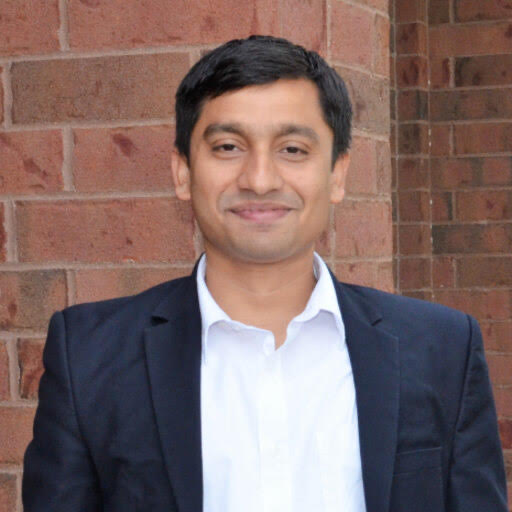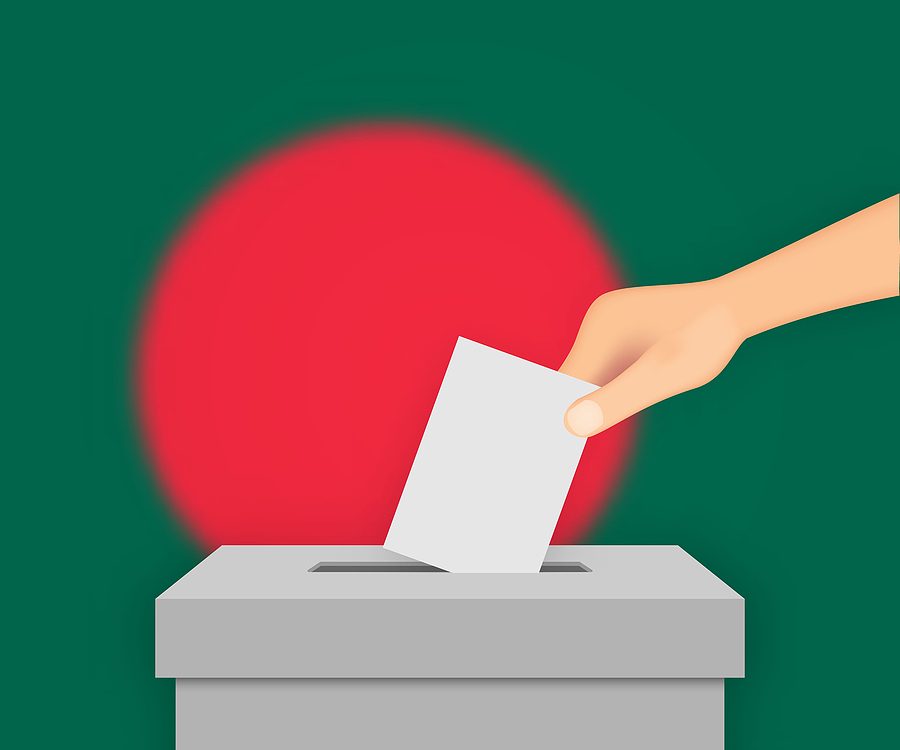Bangladesh, lauded for its remarkable economic rise and the generous embrace of more than a million Rohingya refugees, now teeters on the brink of democratic backsliding.
In the decade-long rule of Prime Minister Sheikh Hasina Wajed, a narrative of political repression and authoritarian undertones emerges, as captured in Bangladesh’s Quiet Slide Into Autocracy by Ali Riaz in Foreign Affairs.
Critics claim Wajed’s government has silenced the opposition, breached human rights and orchestrated elections devoid of fairness and freedom. The 2022/23 report from Amnesty International points to her government’s stifling of free speech, increasing surveillance of political adversaries and resorting to extrajudicial measures, including threats and enforced disappearances, to intimidate opposition figures.
The Digital Security Act of 2018 starkly showcases the government’s authoritarian leanings. In Amnesty International’s 2021 report, this act is a weapon against critics, jailing journalists and silencing citizens. Simply put, under the current regime, the DSA has snuffed out any “room for dissent” in Bangladesh.
The act’s fallout is chilling: an era of self-censorship, silenced voices and eroded democratic values. Human Rights Watch highlights alarming instances of warrantless arrests. This undermines one of the core democratic principles: the right to freedom of speech and expression. In essence, free speech is under siege.
There are claims that Wajed manipulates elections using various tactics. Allegedly, she disqualifies opposition candidates via the election commission, uses law enforcement to intimidate the opposition, instills voter fear through her party members, and orchestrates “night voting,” a practice where ballot boxes are filled even before the official commencement of voting, essentially robbing citizens of their right to vote. The message? The outcome’s fixed before the first vote.
Wajed’s elections have raised eyebrows for years. Opposition candidates, like Ashraful Alam “Hero Alam” of Dhaka-17, face violent assaults, with police in plain sight. The U.S. and EU embassies have cried foul, and a 2022 Human Rights Watch report underscores this isn’t just one-off violence. It’s a disturbing pattern.
In Wajed’s reign, democratic pillars are wobbling. The supposedly impartial election commission? Compromised. The New Age spotlights its refusal to register 10 opposition parties like the youthful AB Party and Gono Odhikar Parishad, all seemingly for bucking Wajed’s solo orchestration of national elections.
Democracy, it seems, plays second fiddle.
Additionally, the parliament has recently approved an amendment to the Representation of the People Order. This amendment effectively diminishes the election commission’s ability to ensure unbiased, open and inclusive elections. With this revision, the commission no longer holds the right to halt an election, even in the face of significant irregularities or disturbances. As M. Sakhawat Hossain, ex-commission member, aptly puts in his op-ed “The Election Commission has shackled itself.” Democracy’s referees, it seems, have lost their whistle.
Despite the grim state of democracy in Bangladesh, the situation is not hopeless. The country’s history shows that a return to democratic norms is possible. The United States Institute of Peace has noted that the elections of 1991, 1996 and 2001 were held under a caretaker government, which resulted in a peaceful transition of power. The elections were recognized globally as free, fair and credible.
These three elections serve as a testament to the determination of the Bangladeshi people and their deep desire for democratic governance. They showcase that with the appropriate atmosphere and a steadfast commitment to democratic values, conducting a free, fair and inclusive election is entirely achievable. However, for this to transpire, Wajed needs to hand over authority to a neutral interim government that will oversee the national election set for January 2024.
While the path to restoring democracy is challenging, there are potential solutions. A return to the caretaker government model might be the ticket. This model could provide a neutral and unbiased environment for holding elections. Under this model, a free, fair and inclusive national election is possible because all opposition parties back this model. Yet, the ruling Awami League hesitates — perhaps fearing a genuine race to power?
Alternatively, the involvement of the United Nations could be beneficial. As The New York Times reported, the United Nations’ involvement in overseeing East Timor’s 1999 referendum resulted in a credible election. Might the United Nations be the magic touch to infuse legitimacy, fairness and trust into the democratic process in Bangladesh? I believe all opposition parties will accept this model. Now, this is the task of the international community to foster dialogue among stakeholders and lead Bangladesh in the right direction using the United Nations as the mediator.
Even under Wajed’s controversial tenure, a credible election isn’t out of reach. However, it requires sincere dialogue with opposition parties and tangible reforms. Yet, trust in the ruling government wanes. Doubts loom large about Wajed’s intent to engage, negotiate and peacefully pass the torch if the tables turn.
Having experienced Wajed’s authoritarian leadership for over 14 years, there’s a growing appetite for change in Bangladesh, especially among its youth. The younger population seeks a political environment that champions democratic values, promotes transparency, holds leaders accountable, and respects human rights. The coming elections offer a chance for Bangladesh to pivot from authoritarian tendencies and reaffirm its commitment to democracy. Many in the 18-to-30 age bracket are eager to cast their votes, having not previously had the opportunity to do so.
Holding a free, fair and inclusive national election is certainly not an easy task, but the collective will of the people, their resilience, and their relentless demand for democratic governance give hope for the future. Bangladesh’s return to a democratic trajectory may be fraught with challenges, but with sustained efforts, it is far from impossible.


